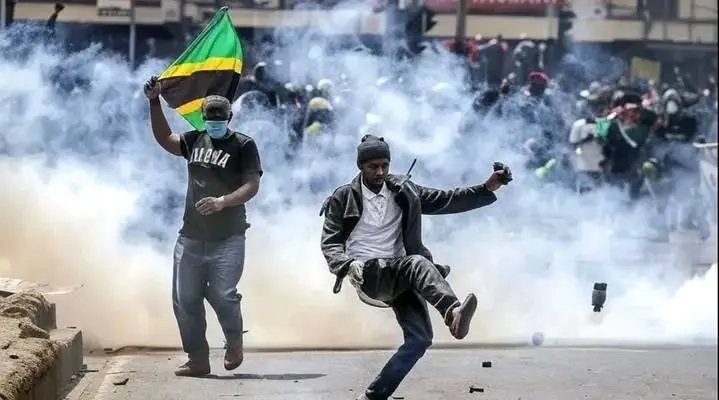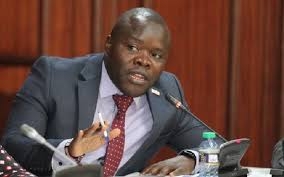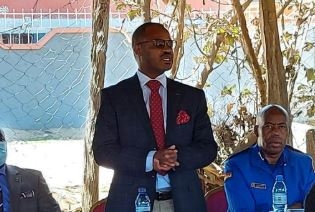The Homa Bay government has launched a labour intensive community work programme to mitigate the adverse effect of climate change.
The Kenya Informal Settlement Improvement Programme is being implemented in the eight formal settlements that suffered destruction during the El Nino rains.
The affected slums are Shauri Yako, Sofia, Makongeni, Thousand Street, Kenday Bay Kijijini, Ndhiwa and Rusinga Old Town.
Homa Bay is among 23 counties that were seriously affected by the El Nino rains.
Governor Gladys Wanga said besides mitigating the negative impact of climate change, the project intends to address sanitation and insecurity rampant in the slums.
Other socioeconomic challenges including poverty, inadequate housing and frequent power outages will be addressed with full implementation of the programme.
“This is a collaborative project to improve our environment and spur socioeconomic development among Homa Bay residents. We expect the project to transform the informal settlements by addressing the deplorable living conditions through matching population needs with the necessary utilities,” Wanga said.
Speaking during the launch of the programme at Raila Odinga Stadium on Wednesday, the governor said she is collaborating with the national government to address inadequate housing, low access to water and diminishing job opportunities.
At least 600 people have been hired to implement the project.
They dig trenches to control flooding, unclog blocked drainages, clear bushes, collect garbage, plant trees and instal streetlights.
The exercise will run for two months and will engage 150 individuals per cohort. Each cohort will work for 11 days before they are paid.
“The county government purchased protective gear and tools such as wheelbarrows, spades and brooms for the workers. Each casual labourer will receive Sh700 daily and supervisors Sh800,” Wanga.
















